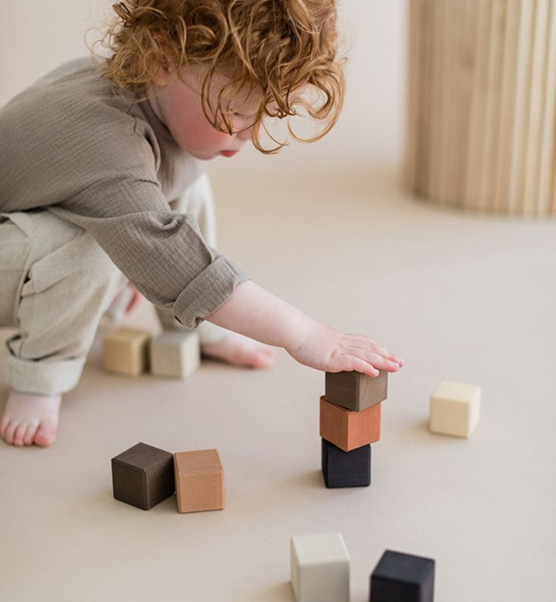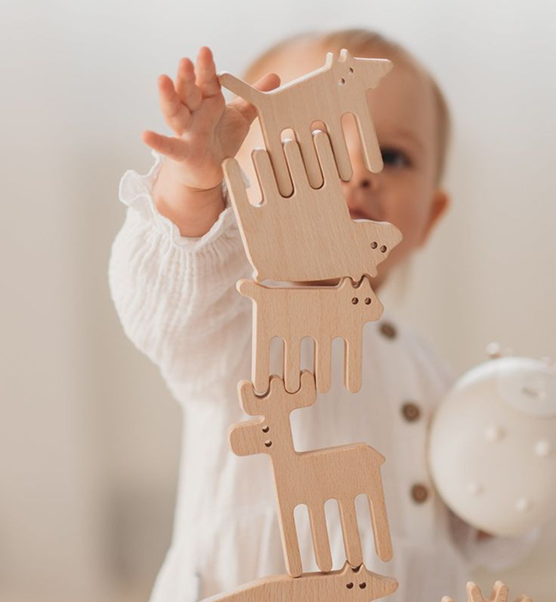Today’s post is brought to you by Cribsheet, from which this is partially excerpted, and by The Family Firm, which has more on addressing partner conflict.
It’s Valentine’s Day! Which makes it, in my mind, a perfect day to discuss post-children marital tension. Because real, lasting romance isn’t about getting flowers on one particular day; it’s about actually liking your partner on most of the days. And, let’s face it, sometimes this is hard. And for many people, it gets much harder post-children.
Anytime you change something substantial about your relationship — moving in together, for example — there are moments of adaptive tension. But introducing a child into a partnership can bring this to a higher level. The less charitable commenters will tell you that children will “ruin your marriage.”
It’s easy to see why conflict happens. You and your partner both want the best thing for your child — indeed, you want this more than anything you’ve ever wanted. However, most of the time you have no idea what this “best thing” is. And you’ll sometimes disagree, either due to deep underlying differences or simply because you have no idea and your best guesses diverge. And at the same time, you’re more tired, you have less money, and you have less time. Nerves may fray and conflicts worsen faster than they did before.
This may resonate, but it’s largely anecdotal. To do better, we can ask the data: Are relationships systematically worse after kids arrive? And is there anything you can do about it?
Do children lower marital satisfaction?
Yes.
We can see this in a variety of studies that look at the relationship between parenthood and marital satisfaction. These go back to as early as 1970, with a paper showing that between the pre-childbearing period and the period of having school-age children, the share of mothers reporting low marital satisfaction rises gradually from 12% to 30%, with an abrupt jump in the first year of the child’s life. The marriage does not recover until households become grandparents.
Meta-analyses of more recent data show similar things — that parents are less happy with their marriages than non-parents. The changes seem to be most abrupt in the first year, and then there is some recovery, though not complete. As one study helpfully concludes, “In sum, parenthood hastens marital decline.”
It is worth noting that these studies do tend to find that people who are happier before they have kids recover better, and that planned pregnancies are less impactful than unplanned ones. And the effects are not enormously large. Many people are still, on net, happy with their spouse. Just, you know, slightly less.
Precisely why this happens is hard to know. One answer may be lack of time to focus on the relationship, a problem that may be amenable to some solutions (see the second part of this newsletter). But before going to solutions, it seems useful to look at two specific things that researchers have suspected as playing a role: unequal chore allocation and less sex. In fact, there is evidence that both are important.
Beginning with the basic facts: If we look at time-use data — that is, people’s reports of how much time they spend on various activities — we see that on average, women spend more time than men on housework and child-rearing-related activities. Even if we compare women who work full-time with men who work full-time, the women spend about an hour and a half more during the day caring for kids, doing housework, and shopping. This was true even before the pandemic.
Looking at data over the long span of the past 50 years, there has been a decline in time spent on household work, but the time is still unequal. Studies show that women do more housework even if they make more money. We can see this in the graph below. In households where men bring in more than 90% of the income, they do much less housework; when women bring in more than 90% of the income, the housework amounts are almost equal.
An interesting question, at least for an economist, is whether this lack of equality is unavoidable.
One theory is that many household tasks cannot be divided up, so one person has to do more of them, and it ends up being the female partner due to some small underlying skill differences (this is a version of a comparative advantage argument). However, evidence from other countries (e.g. Sweden) and from same-sex couples does not support this. There is no reason things couldn’t be split more evenly; they just aren’t.
The fact that things aren’t equal doesn’t necessarily mean women are unhappy, but we see in the data that it does play a role. Survey data shows a link between lack of equality and marital tension and unhappiness.
So chores are one problem. What about lack of sex?
It’s well-documented that parents have less sex. This is especially true in the first months or year after childbirth, but it persists. It is easy to see why this might be — less time, more exhaustion, other people (i.e. the children) in your bed. As with chores, the fact that this is true doesn’t necessarily indicate a problem, and in this case systematic data is fairly limited. However: it is certainly true that anecdotes suggest that people on both sides of the relationship, though more men than women, would like to have more sex and find the reduction in sex frequency to be difficult.
I know what you are thinking: Could chores and sex be linked? Certainly you can find claims on the internet that when men do more chores, there is more sex. And, in fact, there is academic literature on this, but it isn’t very good. Some studies suggest that more male chores means more sex. Others, that more chores means less sex. People develop all kinds of theories: sex is a reward for chores (positive relationship); men doing dishes is emasculating (negative relationship).
I think that in all likelihood these are not causally linked in either direction. There are too many biases in all the directions to develop any causal claims. The bottom line for me is that it may be good to get your partner to do the dishes, but the value of that is that the dishes are done, not that you’re going to be inspired to start ripping their clothes off in a haze of soapsuds and flying plates.
Are there solutions?
OK, so the data says you get less happy after kids. Are there solutions, other than waiting until you have grandchildren to be happy again?
First, some correlates. Couples who are happier before children tend to have smaller declines in happiness after children, and faster rebounds. Also, sleep matters. Lack of sleep can worsen these issues. This, as I’ve written elsewhere, is one of the reasons for sleep training. Even without sleep training, if your household is very sleep-deprived, it’s worth thinking about whether there are any changes you can make to help.
Beyond the role of sleep, there are limited data-based solutions. One that has some randomized intervention support is the idea of a “marriage checkup.” The idea is to have an annual meeting, possibly facilitated by a professional, to actually discuss your marriage. What do you feel is working? What isn’t working? These checkups seem to result in improvements in intimacy (i.e. sex) and marital satisfaction.
My instinct is that part of the reason these things may work is that they force both people in the household to reflect on what the other person is doing for the family. You tend to see the things you are doing clearly, but you probably have less of a sense of what your partner does. This was brought home to me several years ago, when I learned that my husband was gone one night and I had to implement his bulleted checklist for how to take out the trash (I will not belabor it, but I will say it involved an item called diatomaceous earth). I was annoyed to have to do it, but I was very grateful for the 99% of the time he does it.
In conclusion
Putting all this together, here is my suggestion for what to get your partner for Valentine’s today: a detailed list of all the things they do for your household, perhaps with a thank-you. You can attach it to a box of chocolates if you like.
Community Guidelines




















